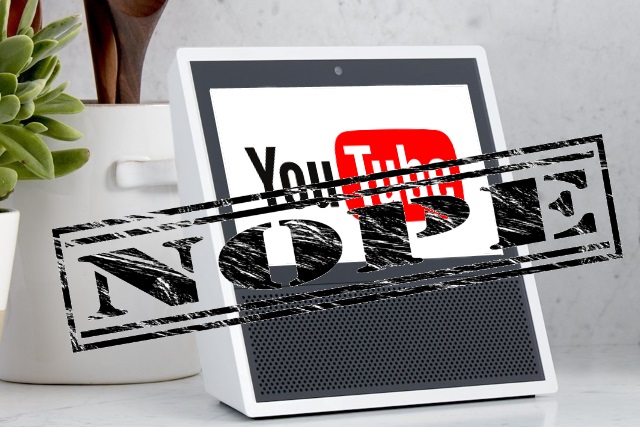
Google yanks YouTube from Echo Show and Fire TV in Amazon spat
Google has announced plans to block its YouTube apps from Amazon's Echo Show and Fire TV as the situation between the two companies stepped up a notch. This is, of course, not the first time this has happened.
The bad feeling stems from Amazon's unwillingness to stock Google products such as Chromecast, Nest and Google Home, and refusing to make its Prime Video service available to uses of Google Cast. Amazon's use of a "hacked" version of the YouTube app on its hardware has also been a bone of contention.
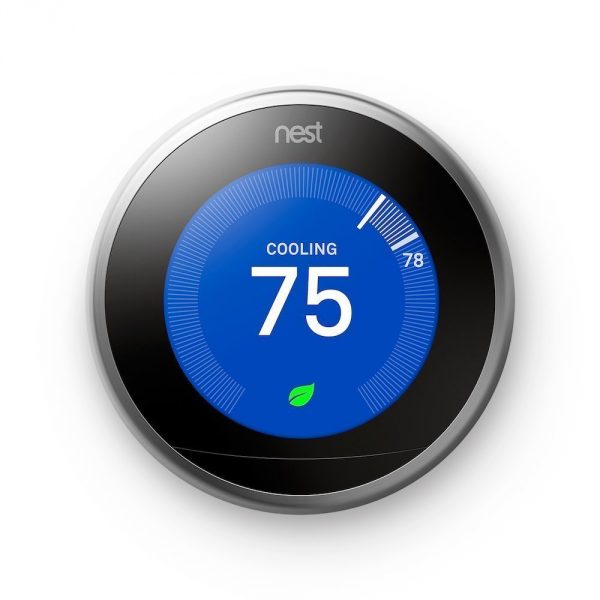
Amazon knocks big discounts off Nest products for Black Friday, deals start now
Feeling cold, hot or insecure? There are many solutions provided by the Internet of Things, from lights, cameras, locks, thermostats and much more. You need to choose carefully though as not all work as claimed, and some have rather glaring security problems. But, if you're up for the challenge, then you can set up a fairly cohesive and secure system in your home.
One of the top purveyors of some of these products is Nest, part of Google/Alphabet. If you have been looking for a smart thermostat or security camera then this may be a good time to pull the trigger.
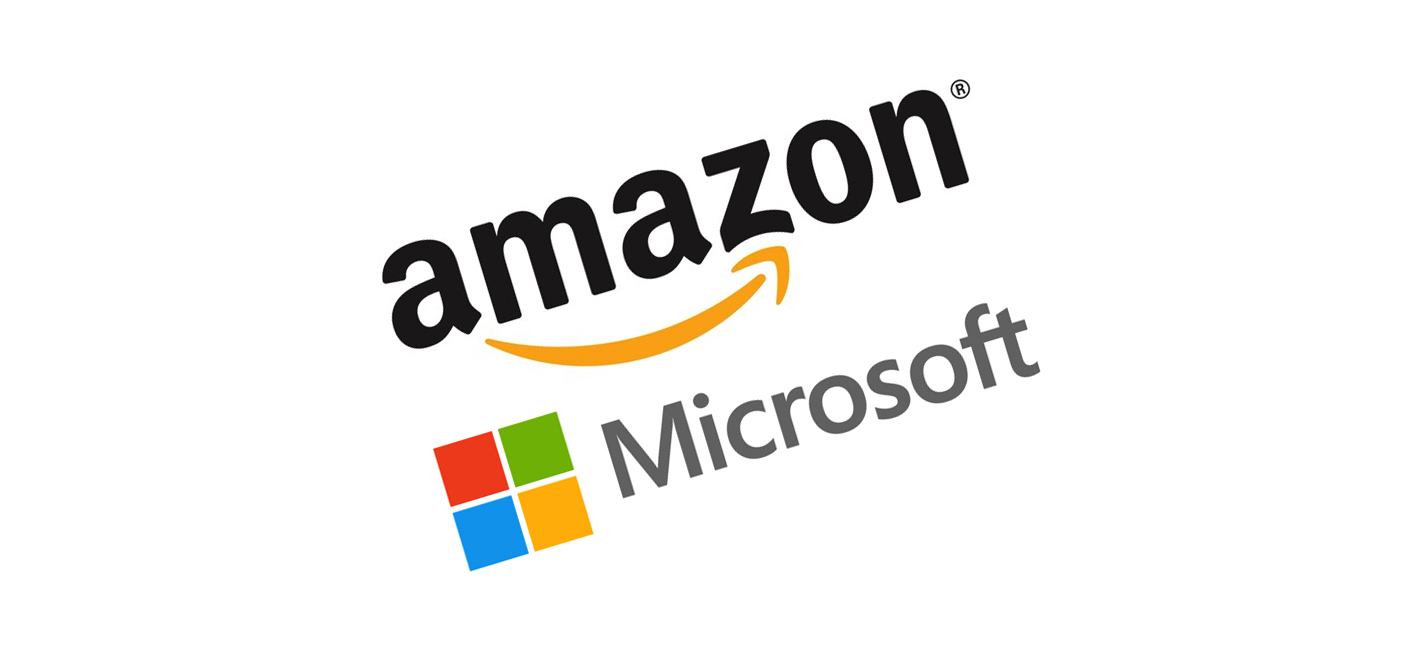
Amazon is becoming the new Microsoft
My last column was about the recent tipping point signifying that cloud computing is guaranteed to replace personal computing over the next three years. This column is about the slugfest to determine what company’s public cloud is most likely to prevail. I reckon it is Amazon’s and I’ll go further to claim that Amazon will shortly be the new Microsoft.
What I mean by The New Microsoft is that Amazon is starting to act a lot like the old Microsoft of the 1990s. You remember -- the Bad Microsoft.
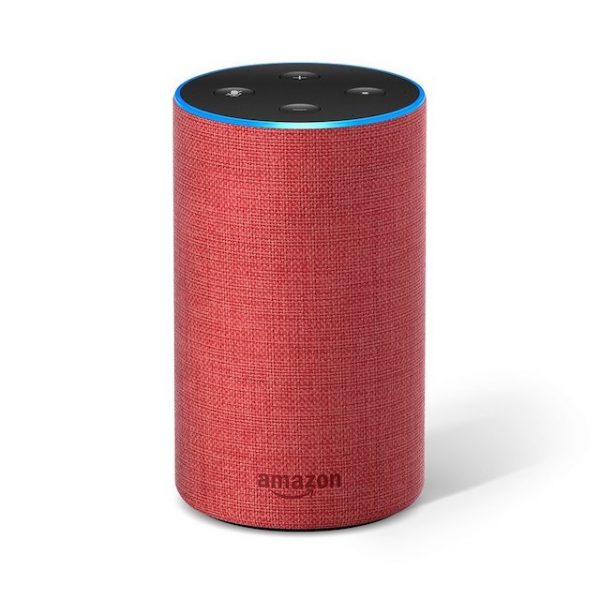
Alexa, help fight HIV/AIDS -- Amazon unveils Echo (2nd Generation) PRODUCT(RED) edition
If you want to get a hardware voice assistant, you cannot go wrong with Echo. Amazon's hardware is great, but more importantly, its "Alexa" assistant is much more capable than any of its competitors. This can largely be attributed to developers -- there are countless "skills" and compatible devices that make the entire Alexa experience a joy.
Still haven't bought an Echo? Well, I have some great news. Waiting sometimes has its benefits, and today, those still on the fence about Echo should definitely pull the trigger. You see, Amazon will be selling a special PRODUCT(RED) version of its second-gen Echo.
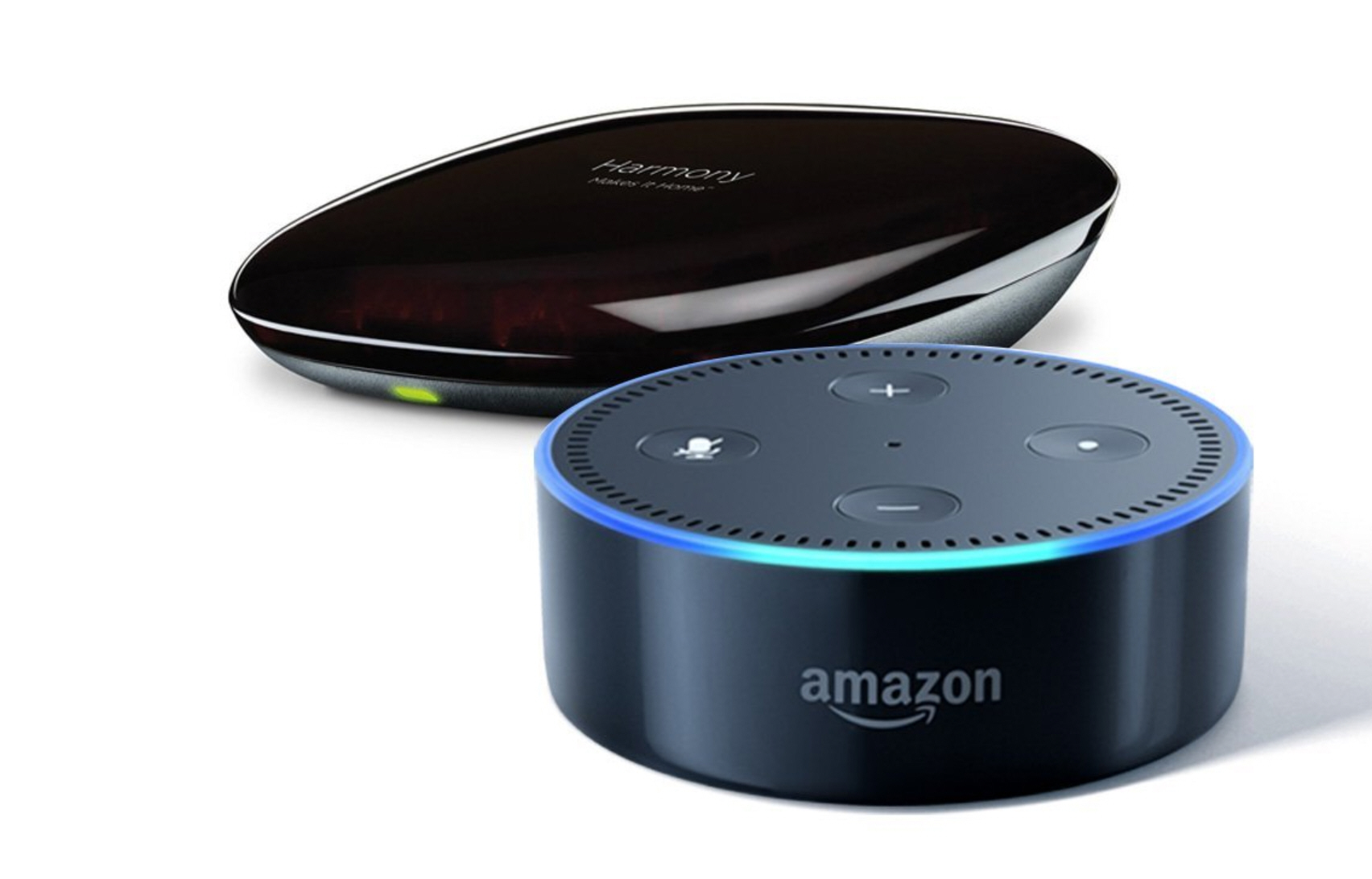
Want a Logitech Harmony Hub? Right now it comes with an Amazon Echo Dot
If you haven't used a Harmony product and you have a home theater system then you may be missing out. The Logitech devices can control all manner of things from receivers, TVs, Blu-ray players, and so on, to many Internet of Things products in your home, such as light bulbs like LIFX and thermostats such as Nest.
If you have an Amazon Echo, better known as Alexa, then you can already do a bit of that, turning your recliner into a throne from which you can oversee your kingdom.

The Lord of the Rings -- Amazon plans to take you back to Middle Earth
Did you read the classic JRR Tolkien books? Perhaps you saw the award-winning series of movies that did a phenomenal job of portraying The Lord of the Rings story. There are, of course, some things left out for brevity's sake -- it's hard to put that many words on the big screen.
For everyone who reminisces about the books and/or the films there will soon be a way to get transported back to that magical land of elves, dwarves, wizards, orcs and other creatures that reside in a certain part of our psyche.
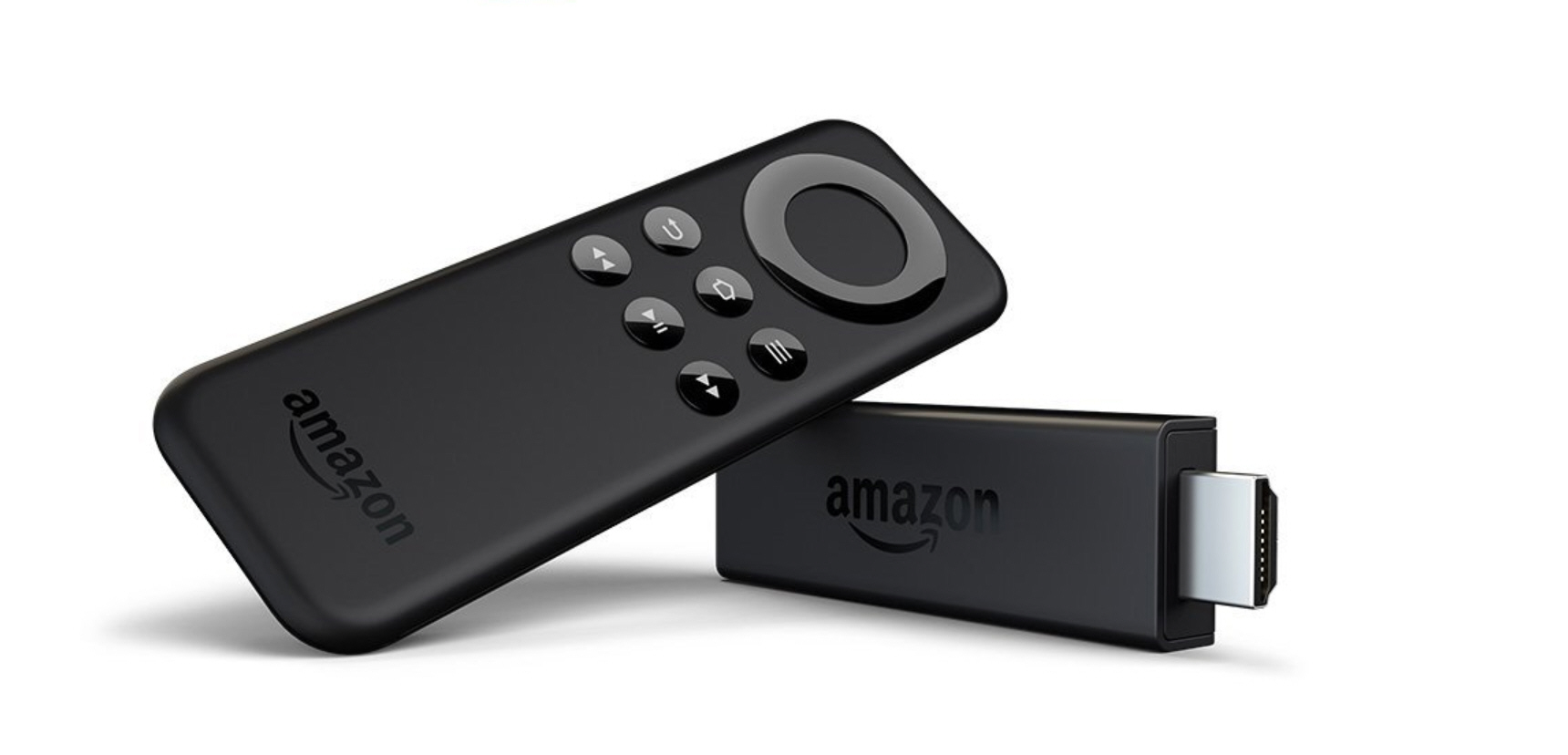
Amazon makes Fire TV Stick available in over 100 countries
Not long after releasing the original Amazon Fire TV as a small set-top box, Amazon shrunk its player down into stick form. It's a small dongle that plugs directly into an HDMI port on your TV or monitor, or even an HDMI switch if you'd like to easily move between sources.
Now the retail giant is opening up the market for the Fire TV Stick to people around the globe, bringing entertainment to everyone.
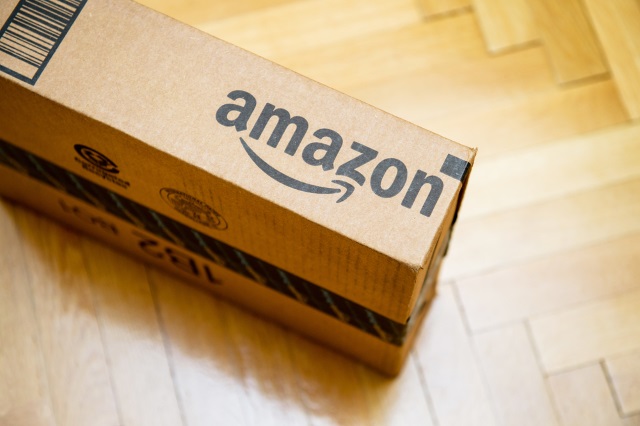
Amazon applies its own discounts to third-party sellers
Amazon is gearing up for Thanksgiving and Christmas with a new discount scheme. The online retailer has introduced a new "Discount provided by Amazon" tag, discounting independent merchants' prices -- at its own cost -- by up to 9 percent.
This is the first time Amazon has taken control of third party pricing, and in shouldering the cost itself the company is helping to ensure competitive pricing across the board, keeping customers on the site.
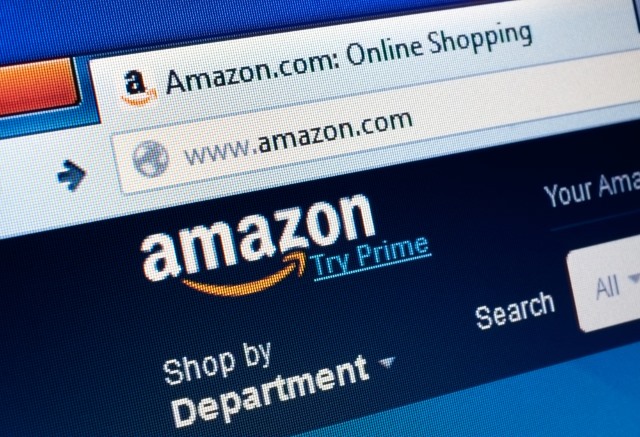
Amazon announces Business Prime Shipping service
Amazon Business users will soon be able to take advantage of free two-day shipping in a similar way to how Prime customers do to order a wide range of products right to their office.
In 2015, the online retailer launched its B2B marketplace, Amazon Business, that included a number of business-specific perks such as purchasing analytics, bulk pricing and free-two day shipping on orders over $49.
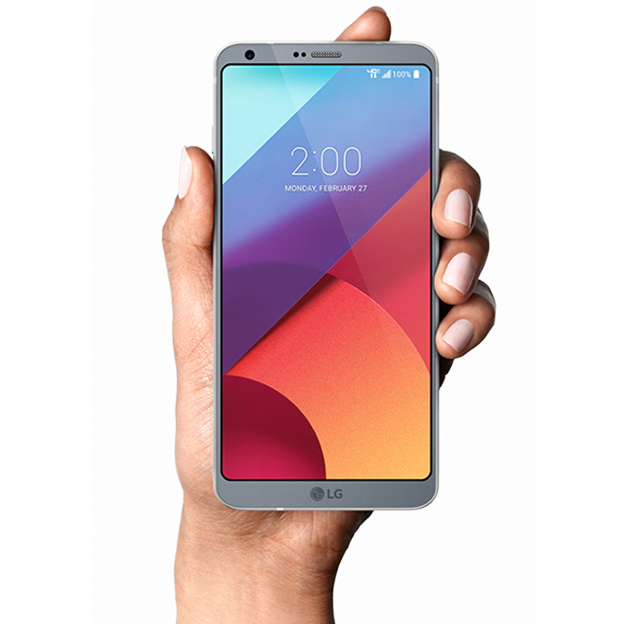
LG G6, G6+, Q6 and X charge available through Amazon Prime Exclusive Phones
Amazon Prime Exclusive Phones is a pretty interesting proposition, giving consumers the option to get a new smartphone at a lower price in exchange for ads and offers. The number of supported devices is not that high though, but Amazon is constantly adding more and more to the list.
And today it is the LG G6 and G6+ flagships as well as the Q6 and X charge that join the program. All are available through Amazon Prime Exclusive Phones in their unlocked version, so that they can be used on different carriers.
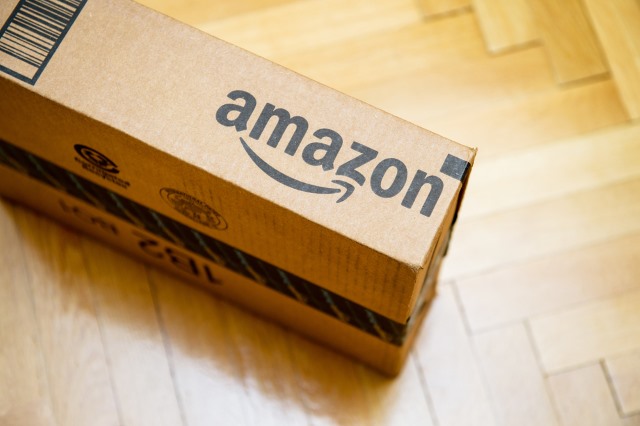
Amazon announces in-home deliveries for Prime customers
Amazon has come up with a novel approach to make it painless for Prime customers to receive their packages. It is a new service, called Amazon Key, that leverages smart locks to let couriers open your front door to make in-home deliveries. And, to help folks keep an eye on things, the online retailer also announced a new security camera, called Cloud Cam.
The idea behind it is not just to enable deliveries when the customer is not home to receive the package, but also to enable folks to open the door remotely to friends or workers. Using the security camera, they can monitor who entered their home and when.

Amazon's new Kindle app makes it easier to turn your phone or tablet into a book
I’m a big fan of e-ink Kindles -- preferring them over real books. If you do a lot of reading, they’re great. However, some people prefer the versatility of an iPad, Android tablet or smartphone, and there's a clear benefit to those. You only need to carry around the one device.
Today, Amazon launches a rebuilt Kindle app for both iOS and Android that provides easy access to the most popular Kindle features, and adds new functionality, such as built-in access to the Goodreads community.

Amazon refreshes Kindle Oasis e-reader with larger screen and waterproofing
While you can read e-books on Android tablets and iPad devices, you really shouldn't. These screens can strain your eyes, causing discomfort and creating a negative experience. Not to mention, if you tend to read outdoors, the glare can be unbearable. Instead, an e-ink reader is the best option. It does a great job of simulating actual paper, which in turn, will make your peepers happy.
Not all e-ink readers are the same, however. Quite frankly, other than Amazon's Kindle devices, none are worth your time. While other companies offer decent enough hardware, nothing compares to Amazon's virtual bookstore. Today, the company unveils its latest such model, and oh my, it looks amazing. The refreshed Kindle Oasis gets a larger 7-inch screen (the previous generation is 6-inch), but arguably more important, it is the first Kindle to be waterproof (IPX8 rated)! In other words, you can use it at the beach or poolside without fear.

New York Comic Con 2017 ditches high-tech in favor of extravagant experiences
Taking a trip to a sparsely populated desert before it becomes inundated with zombies. Being immersed inside the new HBO series Westworld. Doing odd jobs alongside everyone's favorite time-traveling duo of Rick and Morty.
Those were just some of the experiences for which fans at New York Comic Con waited up to several hours in line...last year. And they all required virtually no booth space.
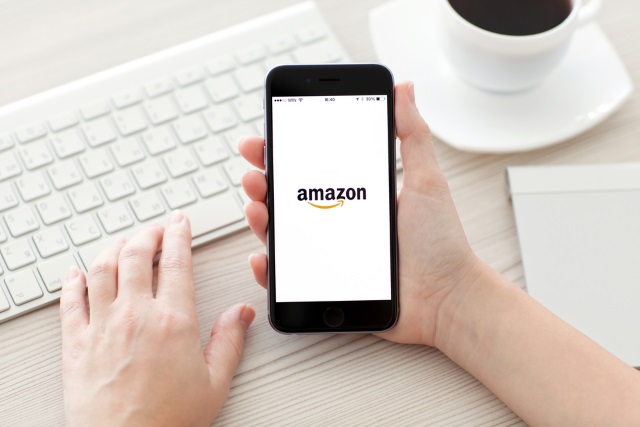
Europe demands €250m in tax from Amazon, sues Ireland for Apple's €13bn tax bill
The European Union has ordered Amazon to repay €250m ($294m) after it ruled that the retailer was granted illegal state aid by Luxembourg. The tax advantage dates back to 2003, but Amazon says that it is considering making an appeal.
At the same time, the European Commission has announced that it is going to sue the Irish government for failing to collect €13bn ($15.3bn) in tax from Apple. The Irish government will need to defend itself in the European Court of Justice for failing to gather money from the iPhone-maker following a 2016 ruling by the commission.
